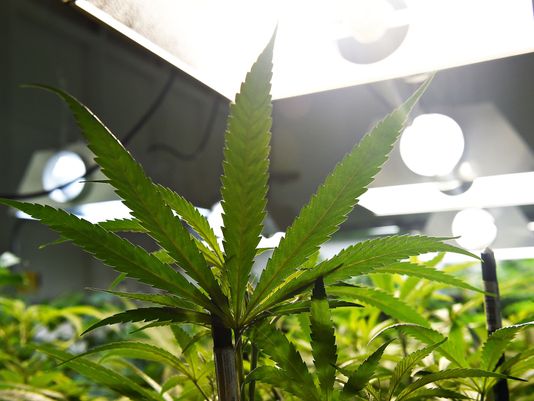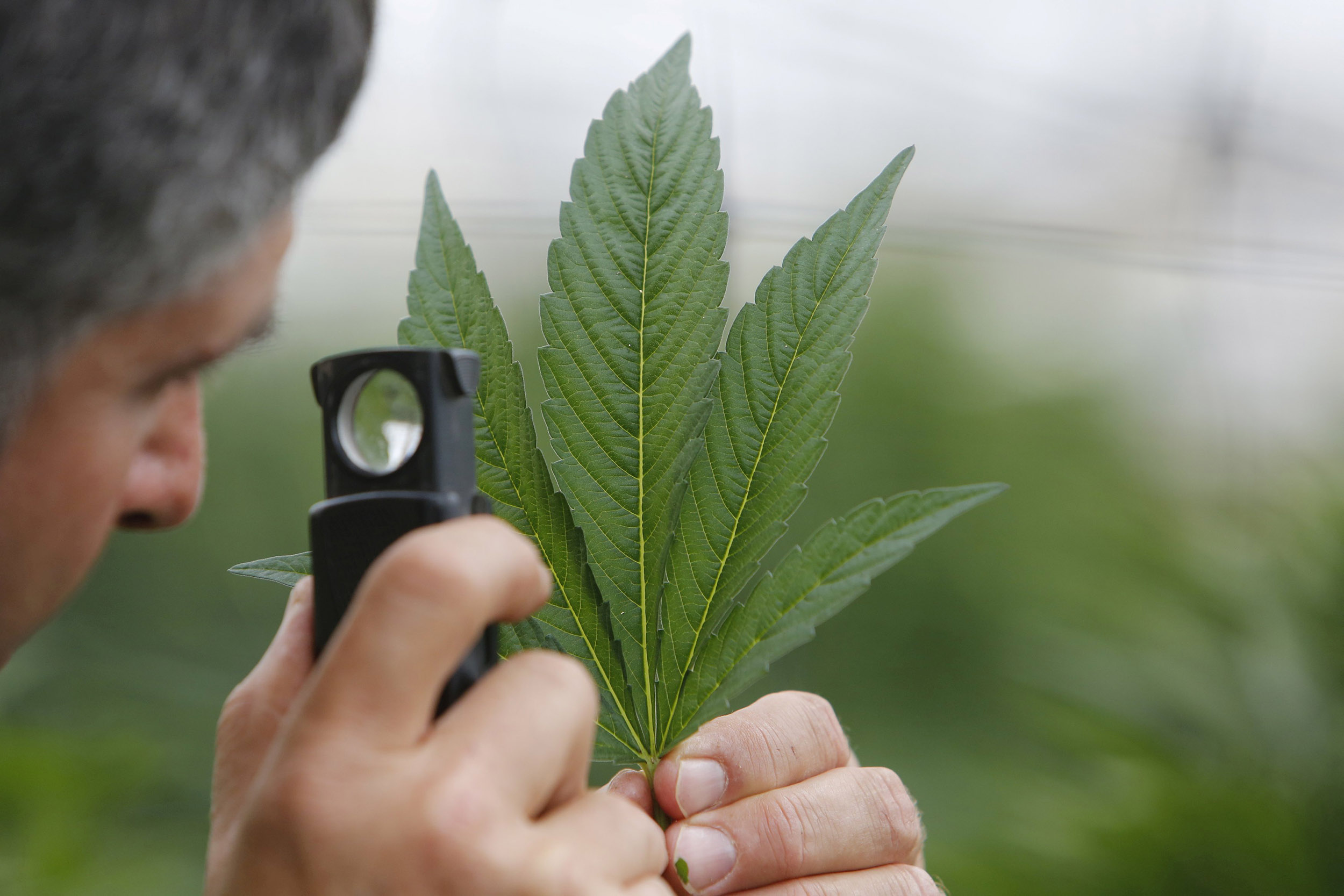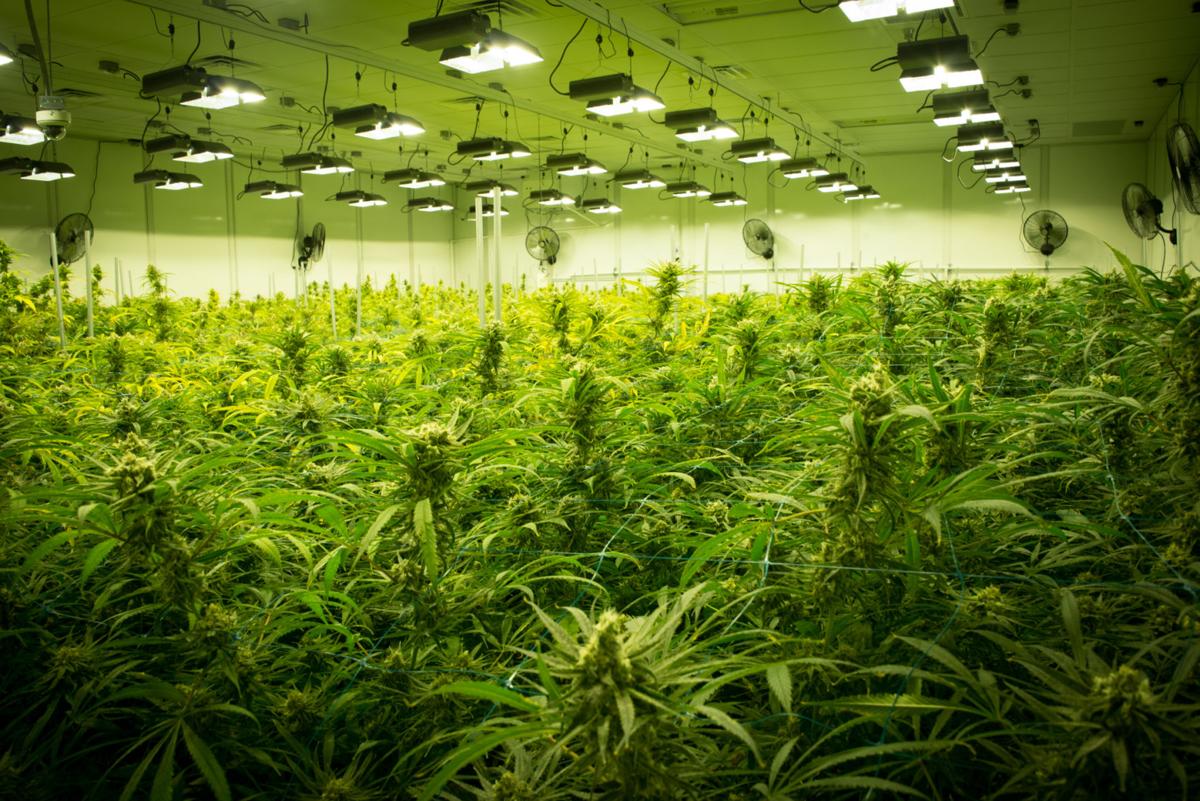Update: The Assembly Housing and Community Development Committee voted in favor of AB 62 by a vote of 7-0 on April 27 and now heads to the full Assembly.
Legislation introduced by Assemblyman Jim Wood, AB 62, would ban smoking and vaping of tobacco, cannabis, and other medicinal herbs in public housing.
Cal NORML opposes the bill on the grounds that it bans cannabis as well as tobacco, making it impossible for medical cannabis patients to inhale their medicine legally. Unlike cannabis users, tobacco smokers are allowed to smoke openly in public, where use of cannabis is banned under Prop 64. There is no reason to think that cannabis poses the same second-hand exposure risks as tobacco.
Other opponents of AB 62 include the ACLU, the Western Center on Law and Poverty, and California Rural Legal Assistance Foundation. They argue against the inclusion of electronic cigarettes for reasons including the increased the risk of eviction and therefore homelessness among public housing residents.
Federal rules already prohibit smoking in public housing, but do not include e-cigarettes. This is because there is no evidence that e-cigs pose a significant public health hazard, as they effectively eliminate harmful second-hand smoke toxins.
Meanwhile, NORML continues to hear from seriously ill people thoughout the country who are being evicted for smoking or vaping medical cannabis. Californian patients deserve to be able to consume their medicine.
Enter your information below to send a message to your state lawmakers urging them to oppose AB 62.
Medical Marijuana
All posts from 'Medical Marijuana' category
Update: HR 2273 and S. 1008 were referred to committees in their respective chambers.
A bipartisan coalition of legislators has introduced HR 2273 to legalize the therapeutic use of cannabidiol (CBD).
Senate companion legislation, S. 1008, is also pending before lawmakers.
The bill amends the US Controlled Substances Act to exclude CBD and CBD-rich cannabis plants from the federal definition of marijuana. Under the present definition, all of the organic cannabinoids in the plant are classified as Schedule I controlled substances.
Cannabidiol is non-intoxicating and clinical studies have determined it to be safe and well-tolerated in human subjects. The director of the US National Institute on Drug Abuse (NIDA), Nora Volkow, acknowledges that CBD is “a safe drug with no addictive effects.” Many patients now utilize CBD, primarily for its anti-convulsant effects.
Seventeen states now acknowledge the therapeutic use of CBD by statute. However, because CBD products and high CBD-bearing remain illegal federally, patients typically lack a consistent, high-quality legal, in-state supply source for this medicine.
Please use the pre-written letter below to urge lawmakers to take action on HR 2237.
Update: A hearing was held for S. 1152 on June 8th.
Update: A bipartisan group of 9 Senators introduced a Senate version of the SAFE Banking Act (S. 1152) on May 18.
A bipartisan coalition of more than two dozen co-sponsors have introduced legislation in Congress, The Secure and Fair Enforcement Banking Act (SAFE Banking Act), HR 2215, to allow state-licensed marijuana-related businesses to engage freely in relationships with banks and other financial institutions.
If enacted, banks would no longer face the threat of federal sanction for working with marijuana-related businesses and entrepreneurs.
Currently, hundreds of licensed and regulated businesses do not have access to the banking industry and are unable to accept credit cards, deposit revenues, or write checks to meet payroll or pay taxes. This situation is untenable. No industry can operate safely, transparently, or effectively without access to banks or other financial institutions. Congress must move to change federal policy so that these growing number of state-compliant businesses, and their consumers, may operate in a manner that is similar to other legal commercial entities.
“With the majority of states now allowing for some form of recreational or medical marijuana, we have reached a tipping point on this issue and it’s time for Congress to act,” says Rep. Ed Perlmutter of Colorado, one of the bill’s lead sponsors.. “Allowing tightly regulated marijuana businesses the ability to access the banking system will help reduce the threat of crime, robbery and assault in our communities and keep the cash out of cartels.”
Please use the pre-written letter below to urge your member of Congress to support The SAFE Banking Act.
Update: Governor Phil Scott signed SB 17 into law on June 9. It takes effect July 1, 2017.
Update: Lawmakers sent SB 16 to the Governor on June 2.
Update: Members of the House gave preliminary approval SB 16 on May 1. Once a final vote is recorded, the measure will be transmitted to the Governor’s office.
Update: Members of the House Human Services Committee voted 10-0 in favor of SB 16 on April 27.
Update: Members of the Senate approved the bill on February 17. It now awaits action from the House.
Legislation is pending, SB 16, to expand the pool of patients eligible for cannabis therapy.
If approved, SB 16 would permit physicians for the first time to recommend medical marijuana to patients with post-traumatic stress, Crohn’s disease, or Parkinson’s disease. The measure also allows physicians to immediately issue medical cannabis recommendations for patients suffering from cancer, a terminal illness, or under hospice care supervision.
Please use the pre-written letter below to urge your lawmakers to pass SB 16.
Update: Governor John Hickenlooper signed SB 17 into law on June 6.
Legislation to make patients with post-traumatic stress eligible for medical cannabis therapy awaits action from Gov. John Hickenlooper.
Members of the House approved the bill by a vote of 39 to 25. Senate members approved it by a vote of 32 to 2.
Senate Bill 17 adds “stress disorders” to the list of debilitating conditions for which a physician may recommend cannabis.
Please use the pre-written letter below to urge the Governor to sign SB 17 into law.
Update: Governor Inslee signed SB 5131 on May 16.
House and Senate lawmakers have approved legislation, SB 5131, to expand medical cannabis access. The measure now awaits action from Gov. Jay Inslee.
Senate Bill 5131 permits “Qualified medical marijuana patients and designated providers to purchase immature plants, clones, or seeds from a licensed producer. In order to purchase plants or clones the patients and providers must hold a recognition card and be entered in the medical marijuana authorization database.”
The bill also allows non-patients over the age of 21 to legally share cannabis with other adults for no remuneration.
SB 5131 also calls for a study committee to consider amending state law so that non-patients may cultivate personal quantities of cannabis at home. It states, “Not later than December 1, 2017, the state liquor and cannabis board must provide the appropriate committees of the legislature written findings and recommendations regarding the adoption and implementation of a regulatory and enforcement system for the legalization of marijuana plant possession and cultivation by recreational marijuana users.” Washington is the only adult use marijuana state that does not allow home cultivation.
Please use the pre-written letter below and urge the Governor to sign SB 5131 into law.
Nebraska Senator Debra Fischer has been claiming to her constituents that she opposes marijuana law reform because she believes that it is “a gateway drug to more harmful illicit narcotics.”
In fact, the available science concludes just the opposite.
Over 60 percent of American adults have tried cannabis, according to data compiled by the US Centers for Disease Control. Statistically, the overwhelming majority of these individuals never go on to try another illicit substance, an empirical reality that persuaded investigators at the RAND Corporation to conclude, ”[M]arijuana has no causal influence over hard drug initiation.” Moreover, by the time these individuals reach age 30, most of them have significantly decreased their cannabis use or no longer indulge in the substance at all.
Help us educate the Senator and her staff to the facts on marijuana. Enter your information below to inform Sen. Fischer that cannabis is not a gateway drug.
Update: Governor Steve Buillock signed SB 333 into law on May 23.
Update: In a final vote on Tuesday, the House voted 68-31 for Senate Bill 333, sponsored by Democratic Sen. Mary Caferro of Helena. The Senate passed the bill 34-16 last week.
House and Senate lawmakers are in the final stages of reconciling legislation, SB 333, to amend the state’s medical cannabis program. The measure is anticipated to be transmitted to the Governor imminently.
The legislation makes several amendments to I-182, which voters passed in November.
The measure establishes various rules and regulations regarding the operation of cannabis dispensaries, production facilities, and testing labs. It does not amend the expanded list of qualifying conditions enacted by I-182. However, SB 333 does impose new taxes on medical marijuana gross sales. NORML opposes taxes of medical cannabis. It also reduces the number of seedlings qualified patients are permitted to possess at home from 12 to no more than four. It also imposes limits regarding the total harvest of cannabis permitted per patient.
Update: HR 1824 and S 780 were referred to committees.
Senator Wyden and Representative Blumenauer have introduced legislation in the House and Senate (HR 1824 and S 780) to offer a wide range of legal protections to state-compliant marijuana-related businesses and consumers.
Specifically, these measures will protect consumers in legal marijuana states by ensuring them access to public housing, financial aid, and by prohibiting them from deportation. They will also expand veterans’ access to medical cannabis. These measures will assist businesses by ensuring them access to banking and by protecting them from federally-initiated civil asset forfeiture. They will also permit marijuana-related enterprises to be established on tribal lands free from federal interference.
Enter your information below to urge your lawmakers to support S. 780 and HR 1824.
As you well know, 30 states plus the District of Columbia allow the use of medical marijuana, and several other states are currently considering similar legislation. It’s time we start to address this issue on the federal level.
We are urging Cory Gardner to become a cosponsor of the Compassionate Access, Research Expansion, and Respect States Act (CARERS). If passed by Congress, the CARERS Act would allow qualified patients, doctors, and marijuana-related businesses to engage in state-sanctioned behavior involving the production, sale, or use of medical marijuana without fear of federal prosecution and would codify the patchwork of Justice Department memos that currently dictates federal marijuana policy.
Cory Gardner should protect citizens who engage in legal activities in Colorado. Enter your information below to urge him to co-sponsor the CARERS Act.








